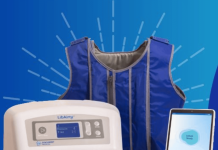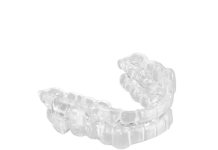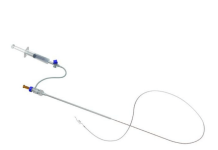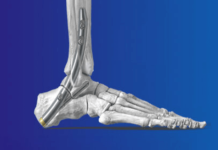Jupiter Endovascular announced the FDA approved an investigational device exemption (IDE) study for its Vertex system. The company can now conduct the SPIRARE II U.S. pivotal study for the pulmonary embolectomy system. Menlo Park, California-based Jupiter Endovascular only just came out of stealth mode, spinning out of Neptune Medical this month.
Vertex incorporates Jupiter’s novel Endoportal Control platform technology into an endovascular procedure. It designed the technology to treat acute pulmonary embolism (PE) with control and precision.
Related: Femasys secures CE mark certification for FemVue MINI solution
The company developed Endoportal Control technology to bring these benefits to a variety of catheter interventions. Jupiter Endovascular aims to enable interventionalists to deliver treatment to anatomical sites that can’t be safely or easily reached through conventional endovascular approaches.
Jupiter designed the Endoportal device for delivery in a flexible, relaxed state. It goes over a guidewire to the target location in the vasculature. It’s pressurized with saline to fix it in a stable position for therapeutic delivery, then relaxed again to navigate to another target or for removal.
The company plans to have its study enroll up to 145 patients at up to 25 U.S. sites. SPIRARE II constitutes part of Jupiter’s clinical program, which also features SPIRARE I, evaluating Vertex at up to two sites in Europe.
“We are excited about FDA approval of the first pivotal study of a system leveraging our Endoportal Control™ platform technology. Endoportal Control has the potential to meaningfully improve many endovascular procedures while enabling entirely new therapies. Our Vertex system for pulmonary embolectomy is the first of what we intend to be a portfolio of our own interventional procedure systems incorporating Endoportal Control to treat a variety of cardiovascular conditions that affect millions of patients worldwide,” said Carl J. St. Bernard, Jupiter Endovascular CEO.




